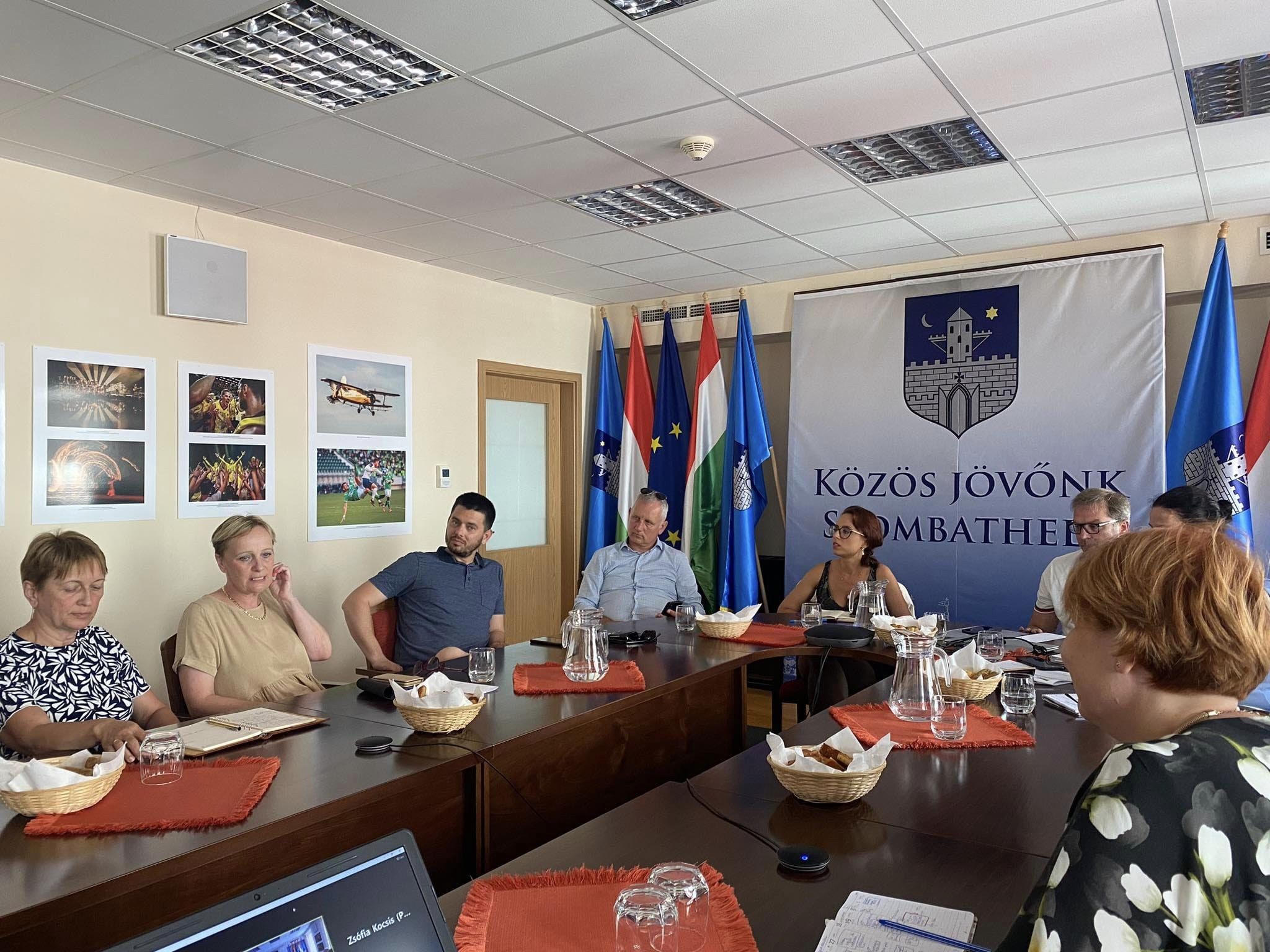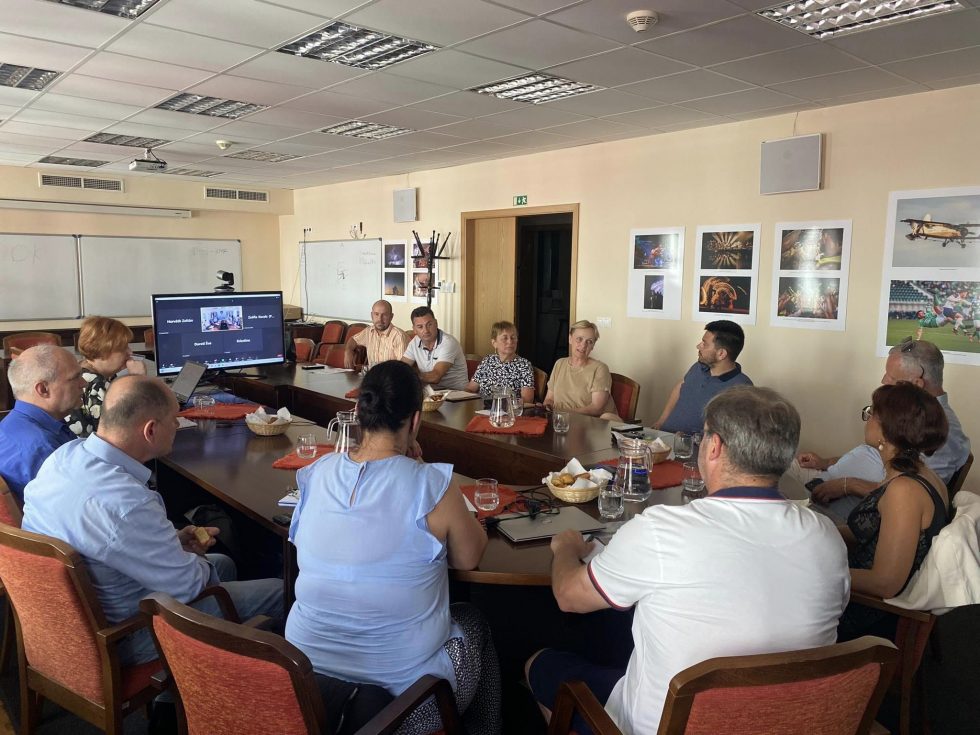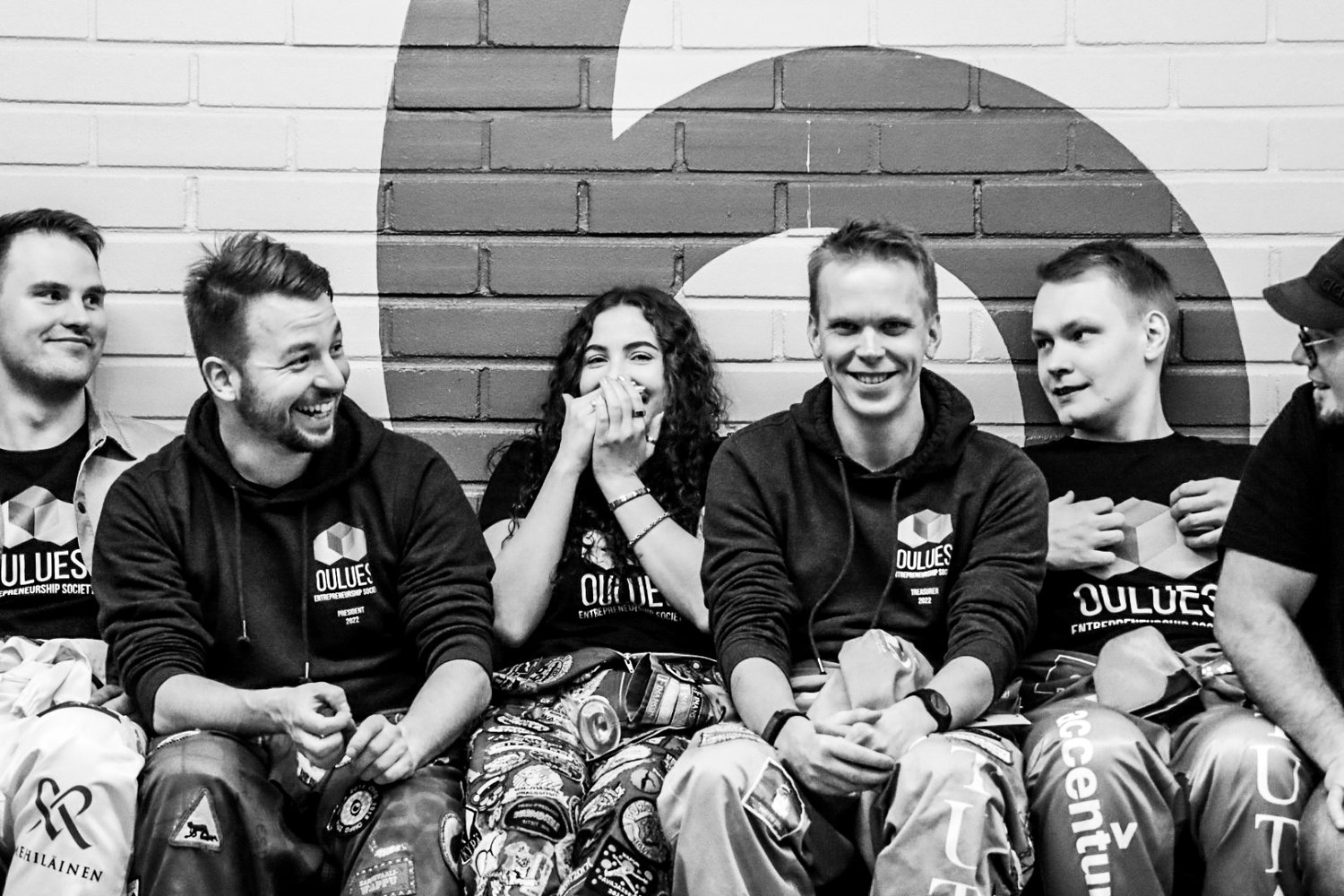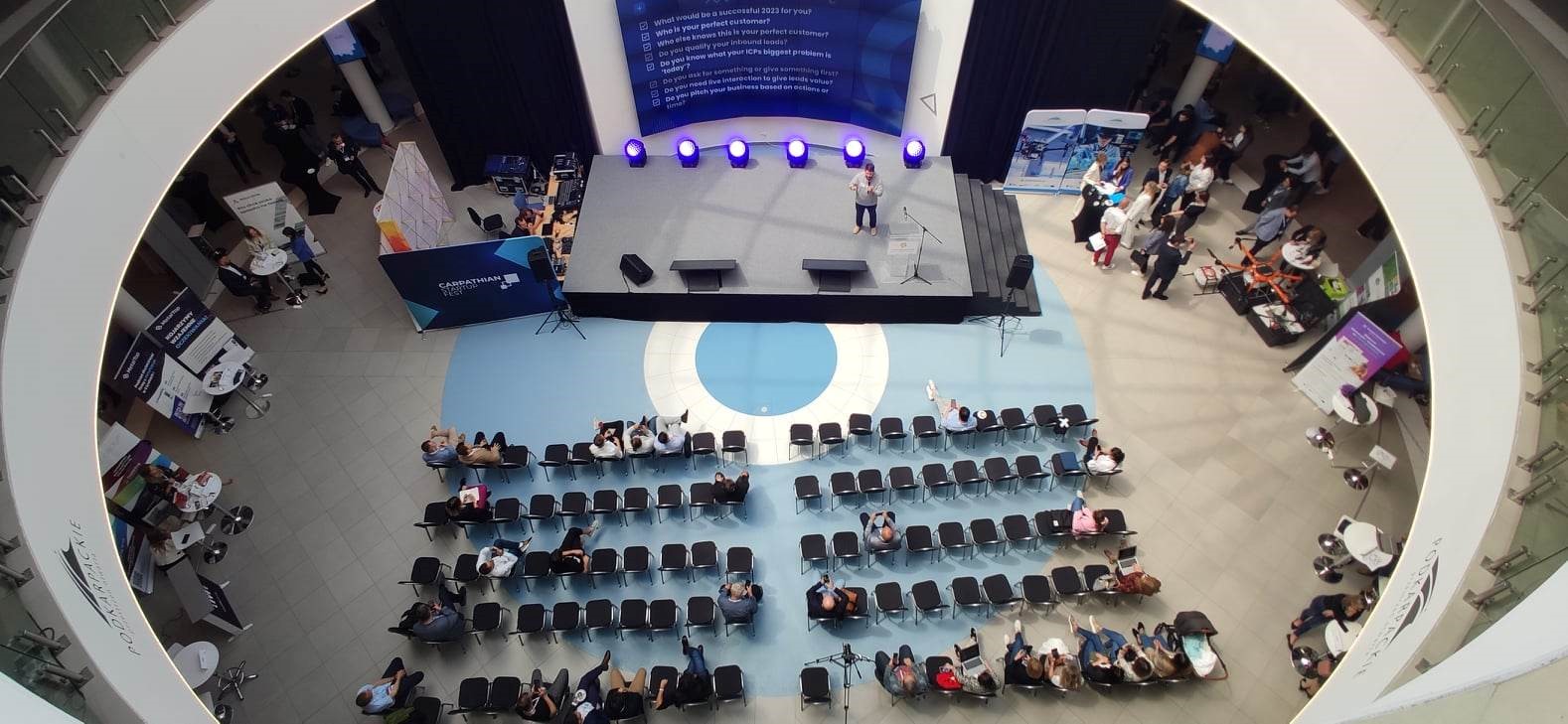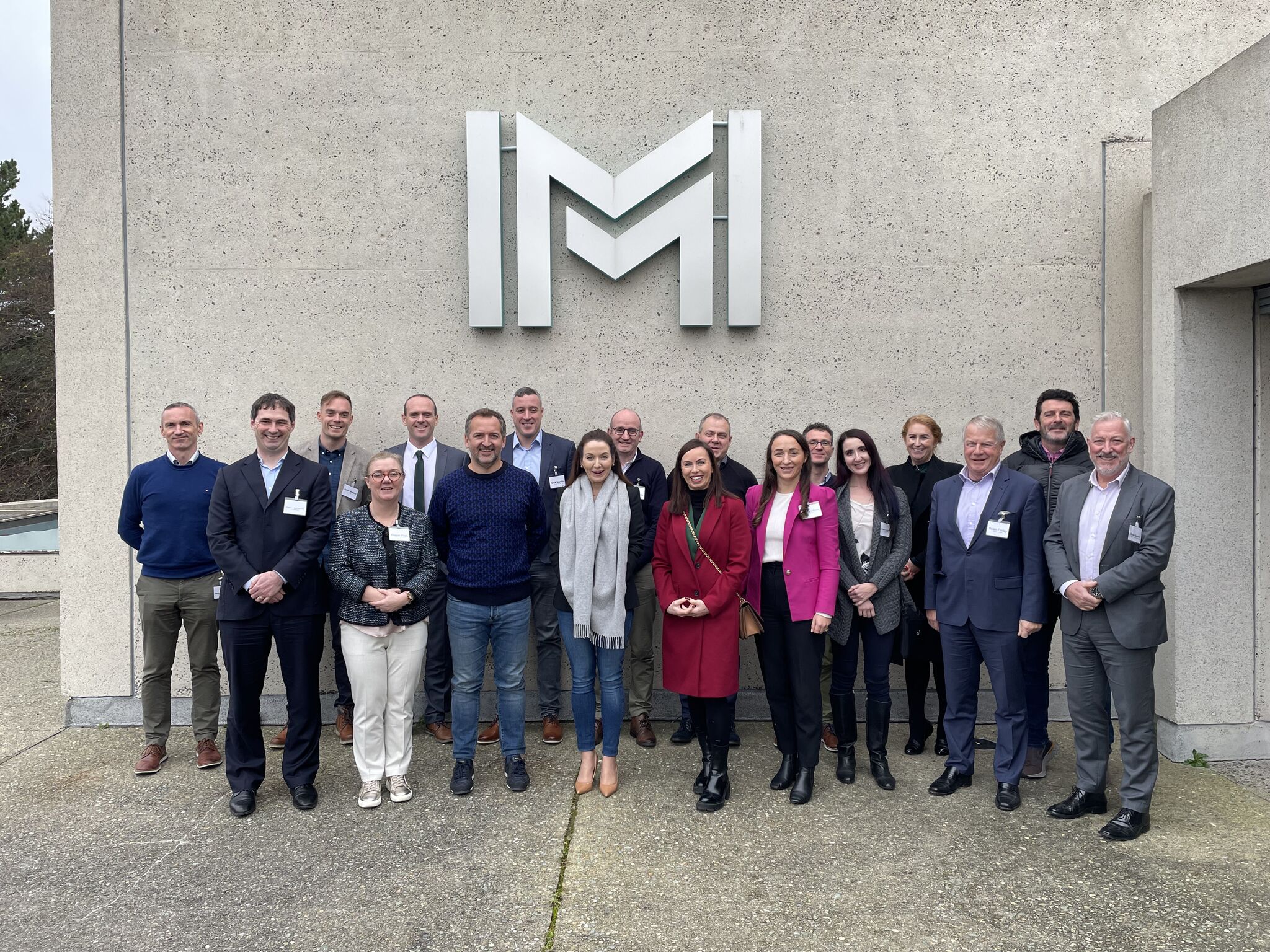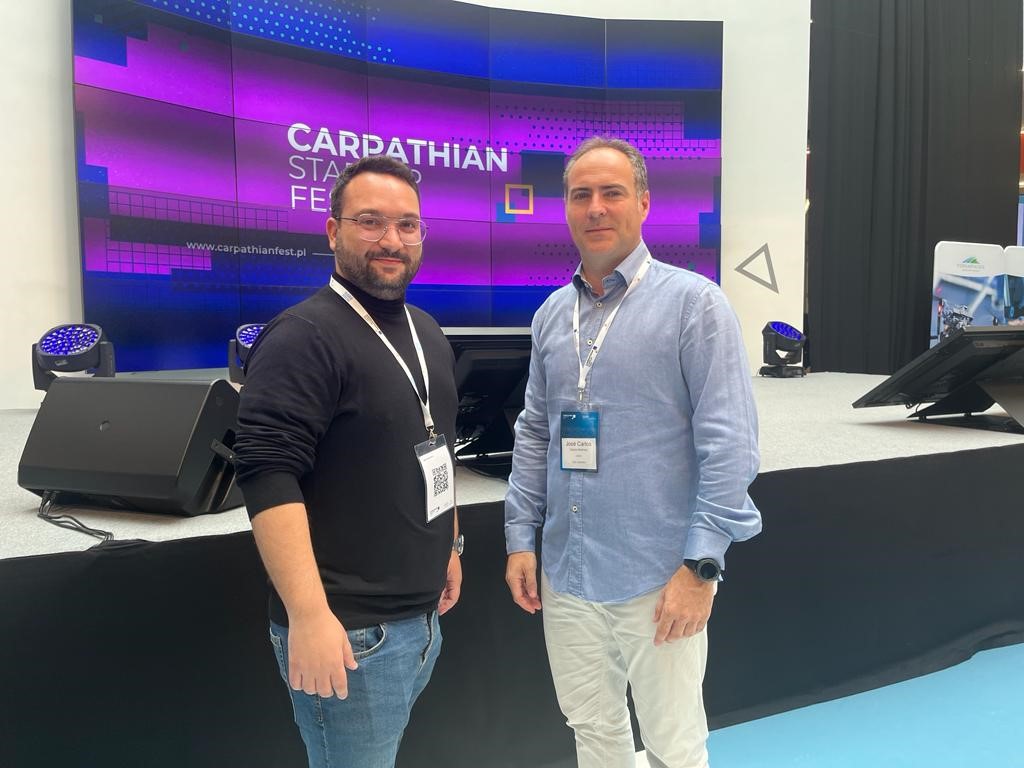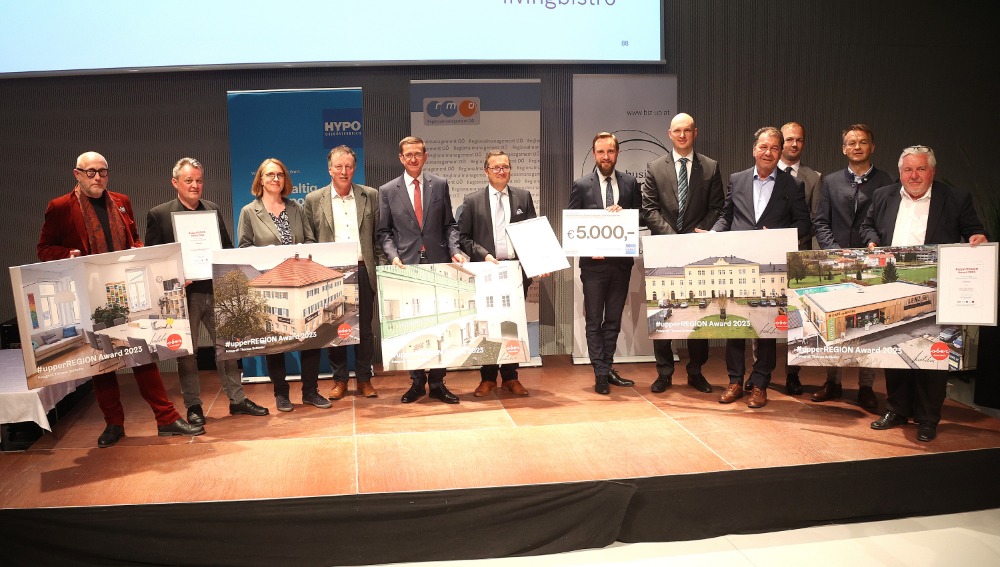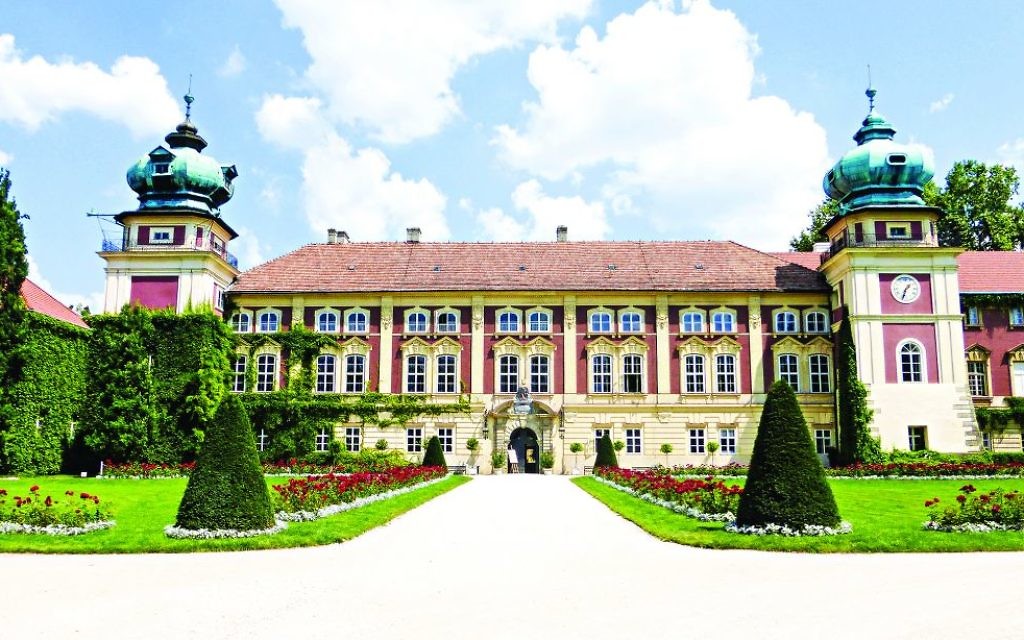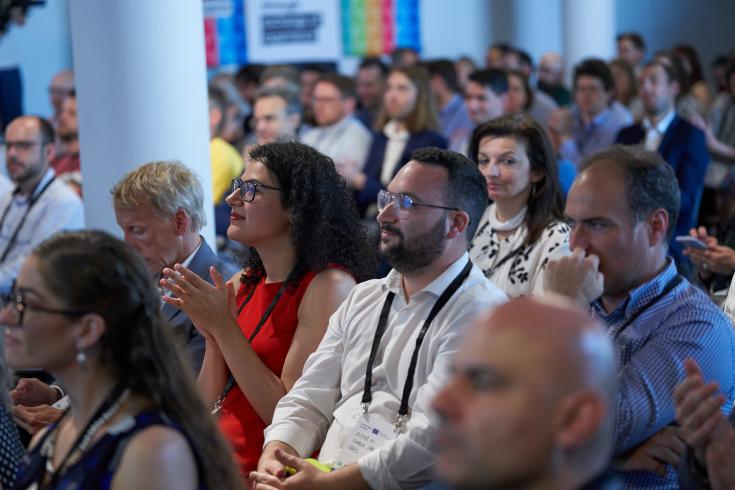The European Business and Innovation Center of Cartagena (CEEIC), attached to the Instituto de Fomento de la Región de Murcia, participated in the "final meeting" of the European project Interreg Europe Foundation held in Rzeszow (Poland) and organized by the regional development agency of this city, with the aim of promoting the exchange of experiences, strategies and best practices to stimulate industrial resilience of the participating European territories.
The final meeting was held on June 14 and 15, coinciding with the development of the European event Carpathian Startup Fest 23, where José Carlos García Martínez, Head of Business Development and European Funding, presented the Local Action Plan implemented from the knowledge generated throughout the 4 years of collaboration, generating synergies, study visits, workshops and exchanges of experiences with the other project partners: Cork Institute of Technology (Ireland); Oldham City Council (UK); University of Oulu (Finland); Vilnius Innovation Centre (Lithuania), Rzeszow Regional Development Agency (Poland), 'Pannon Business Network Association' (Hungary), Reggio Emilia City Council (Italy) and the business consortium 'Business Upper Austria' (Austria).
From the 22 international best practices presented in the framework of the project, CEEIC selected several cases that could be transferred to its local ecosystem to increase and improve Cartagena's resilience in the industrial sector to potential structural changes. After careful consideration and with the assistance of key local stakeholders, CEEIC focused on identifying best practices that could most relevantly respond to the context of its local ecosystem.
The experience of the Austrian RIC was imported, mainly due to the interest of the previously selected group of local and regional stakeholders in learning about dual training centers led by industrial corporations according to their training requirements.
In this sense, other regional initiatives were exported, such as the creation of the Ceeic itself in an industrial environment in the process of reconversion with the aim of dynamizing and tertiarizing the business fabric based on innovation and technological entrepreneurship, or the Smart Industry 4.0 programs, a pioneering action of entrepreneurship and training in Industry 4.0 or Speed up. These programs have aroused great interest among the European community.
Another output of the Foundation project was the international connection between the Polytechnic University of Cartagena and the University of Hungary, to learn about and jointly develop dual university academic training programs in industrial engineering.
The two-day event ended with a visit to the Urban Lab Rzeszow and Podkarpackie Centrum Innowacji, active since 2017 as a research and innovation center that supports three local universities in the transfer of knowledge and technology to the private sector. During the various working sessions the representatives of each of the participating European entities presented the different results of the action plans and new actions related to Covid-19 implemented in regional policies. This project suffered first hand the impact of the pandemic and its objectives were redirected by exchanging experiences and good practices developed in the regional policies of the participating European territories.
Subsequently, the details of the final justification process of the project were finalized at the Steering Committee Meeting and synergies were generated with the other partners in the field of innovation and industrial resilience. "Knowing such diverse industrial and technological ecosystems provides a wealth of knowledge, inspiration and a global perspective on new industrial resilience strategies".
The main objective of this project has been to generate learning from the exchange of experiences and strategies implemented in other European industrial territories successfully carried out by the participating agents and to learn the keys to implement them from the good practices developed in these European countries that enhance economic and industrial resilience.


